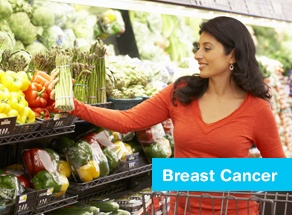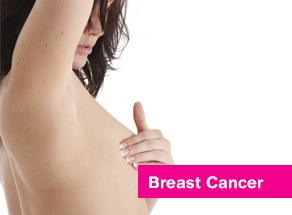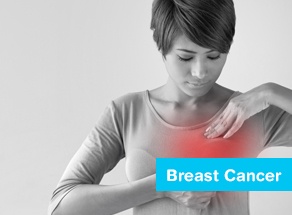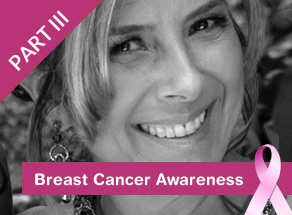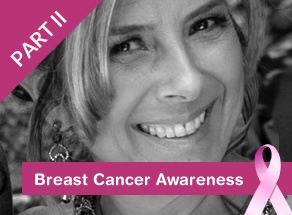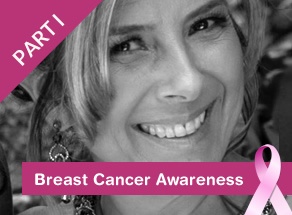Preventive Care
8 Things About Breast Cancer Every Woman Should Know (Part 2)
09/10/2015 10:00am | 7001 viewsContinued from Part 1.
In the continuation of her interview with Evie Leatham for EasyLivingMag, the singer Olivia Newton-John goes on to share what she learned about herself and about breast cancer after being diagnosed with the disease at the age of 44 -- and how it feels to be a cancer-free thriver for the past 20 years.
Preventive Care
5 Myths, and the Reality, about Genetic Testing for Breast Cancer
08/10/2015 06:00am | 7623 viewsBy Wayne Lewis
People with a family history of breast cancer often seek genetic testing to find out whether they carry mutations to key genes called BRCA1 and BRCA2, greatly increasing their risk for breast cancer and other diseases.
For this small but significant portion of the population, knowledge is power. They have seen their grandmothers, aunts, cousins and sisters struggle with breast or ovarian cancer. They may have faced these diseases themselves.
Preventive Care
Betting to Win: Survivor Story, Part 3
16/09/2015 06:00am | 18237 viewsIn parts 1 and 2, Silvia revealed her diagnosis and talked about her surgery and subsequent treatment.
Chemo and radiation were the right choice for me, I’m not sure if I would be in remission for 15 years without it. But I also made the choice not to do any reconstructive surgery. Although at the time I felt incomplete and was very self-conscious about my body, somewhere along the way that changed. As the years have gone by the deformity is like a medal of honor. I thought I would be embarrassed going to a gym or a spa. But I actually don’t care if I have a deformity. If someone asks me, I am happy to share my journey. I want my journey to be worthwhile. If someone notices one of my breasts is not whole, then maybe they will ask about it, and maybe they will talk about it with their mothers, daughters, or sisters. If it encourages one person to do a self-exam or make that dreaded mammogram appointment, I have made a difference.
Preventive Care
8 Things About Breast Cancer Every Woman Should Know (Part 1)
10/09/2015 01:00pm | 7634 viewsIn an interview with Evie Leatham for EasyLivingMag, the singer Olivia Newton-John shares what she learned about herself and about breast cancer after being diagnosed with the disease at the age of 44 -- and how it feels to be a cancer-free thriver for the past 20 years.
Preventive Care
Stacking the Deck: Survivor Story, Part 2
09/09/2015 10:52am | 9762 viewsIn part 1 of this series, Silvia talked about being diagnosed with breast cancer and how it affected her, her family and friends.
After the surgery, we received the good news: my lymph nodes were negative, and there was no indication the cancer had metastasized. I was given treatment options, and in a short time, I knew more about medical treatment and breast cancer than I ever thought I would. I took my daughters and sisters along for the learning. Our family became a breast cancer awareness family. We talked about it, we read about it, and we became active participants in my recovery. My choices for treatment were radiation without chemotherapy or both regimens. I opted for the chemotherapy and radiation, as the chances for a re-occurrence were lower; once again, I wanted to stack the deck in my favor.
